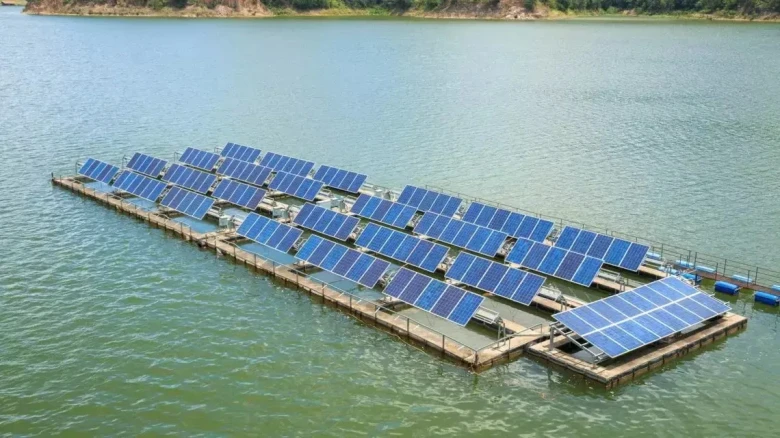This initiative aims to diminish reliance on fossil fuels, promoting eco-friendly electricity generation...
Digital Desk: Assam is taking significant strides towards a sustainable energy future, prioritizing solar power as a key component of its energy strategy. With an ambitious target of generating 1,000 megawatts (MW) of electricity in the next three years, the state is poised to become a prominent green energy hub.
The solar journey began in 2017 when Assam formulated a solar policy with the aim of boosting its solar power capacity.
Chief Minister Himanta Biswa Sarma emphasized the goal to address the energy needs of all households, currently requiring 2,200 MW. The policy strategically aligns with Sustainable Development Goals (SDGs), emphasizing clean, affordable, and equitable solar energy.
The plan focuses on deploying resources from state and central schemes to harness Assam's solar energy potential. It advocates for grid-connected solar power plants on various rooftops, ranging from residential to industrial establishments. This initiative aims to diminish reliance on fossil fuels, promoting eco-friendly electricity generation.
To attract investments, the government plans to install rooftop solar power plants across different districts, gradually reducing the state's dependence on traditional energy sources.
A noteworthy aspect of Assam's strategy involves the establishment of floating solar power plants in wetlands. These innovative plants, with panels on the water's surface, not only save land space but also enhance solar panel performance through the cooling effect of water bodies.
Assam has already made substantial progress, boasting the first floating solar power plant in Northeast India in Morigaon district.
Additionally, the state takes pride in the largest solar power plant in Amguri town, generating a minimum of 70 MW of electricity. These achievements underscore Assam's commitment to a greener and more sustainable energy future, setting a commendable example for other regions to follow suit.

Leave A Comment